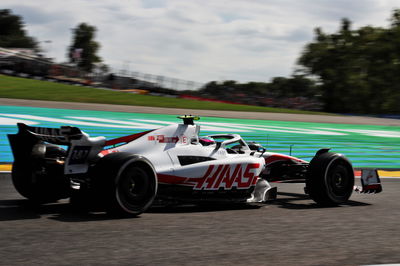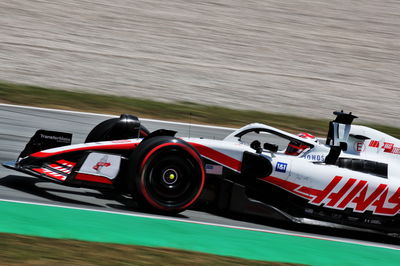Why one F1 team thinks banning wind tunnels is “not intelligent”

As F1 looks to become more environmentally friendly and cost efficient, the ban on wind tunnels is one idea that has been mooted.
The idea is that from 2030, all teams will rely on CFD - Computational Fluid Dynamics - to design their cars.
Despite this proposal, a number of teams, particularly Aston Martin and McLaren, are investing heavily in their own wind tunnel facilities.
Speaking to RacingNews365, Haas aero chief Arron Melvin is concerned that ditching wind tunnels would go against F1’s DNA.
"The regulations will have to change to allow us to be as thorough as we are now," Melvin said.
"These cars are very refined, and we get a substantial lap time from this refinement.
"There are fast race cars that have very little wind tunnel testing, but that's not F1 so we have to keep in mind what the series wants to be. But it is certainly possible to make a safe, fast car without a wind tunnel."

Melvin thinks that ‘phasing it down’ rather than banning it entirely is the way to go.
"I don't believe it's intelligent, in terms of cost effectiveness. It's good to have regulation and encourage us to push the limit of CFD capability.
"So I'd be very receptive to regulations that change the balance. But the industry is so good at wind tunnel testing, it's not something that we need to ban, you certainly can phase it down to a much lower investment level.
"The most effective discussions on environmental responsibility are those that are complete and inclusive, so we shouldn't just pick on the wind tunnel, we should talk about our all of our activity as an industry and our source of power.
"It's quite achievable to have very decarbonised power and be sustainable."












